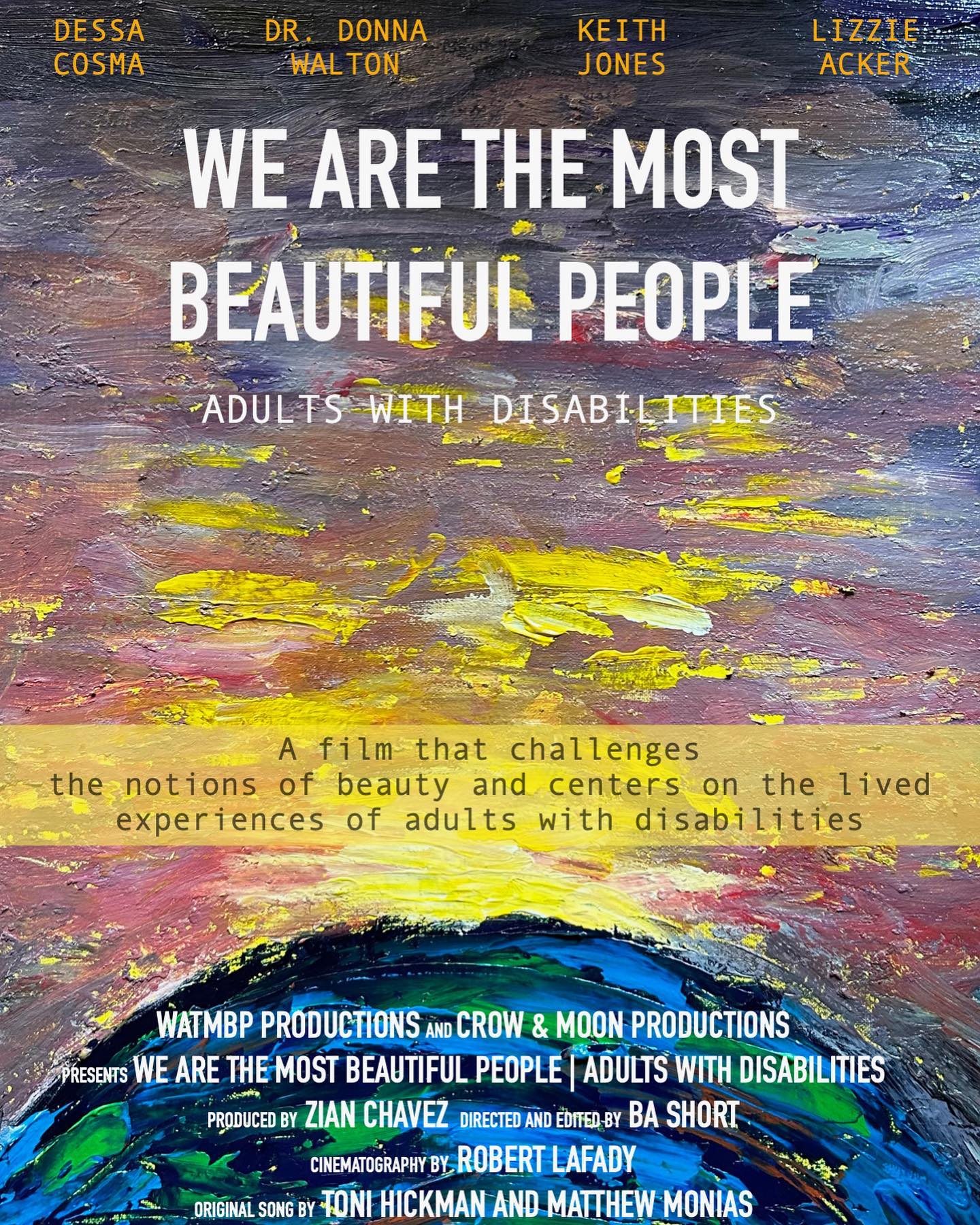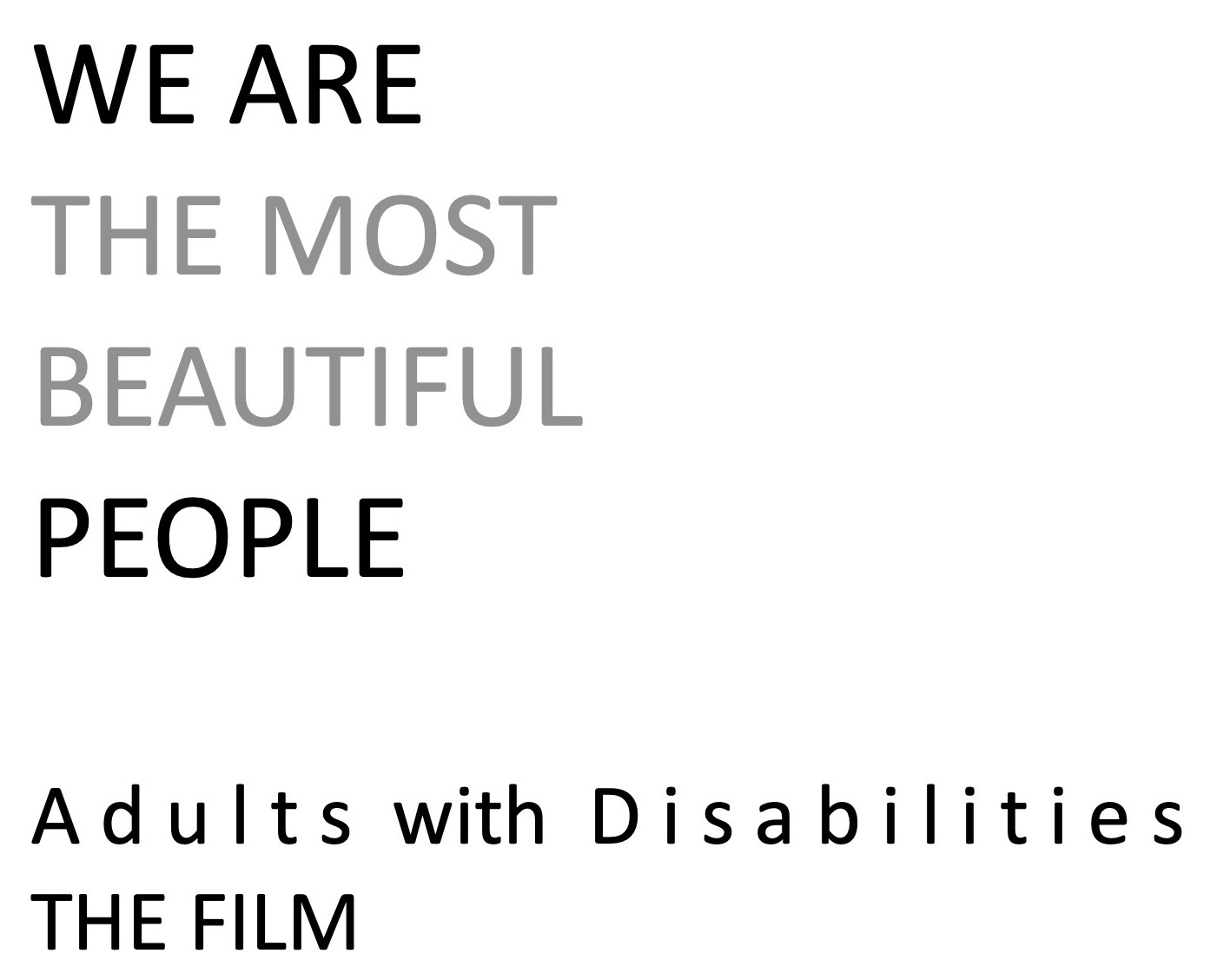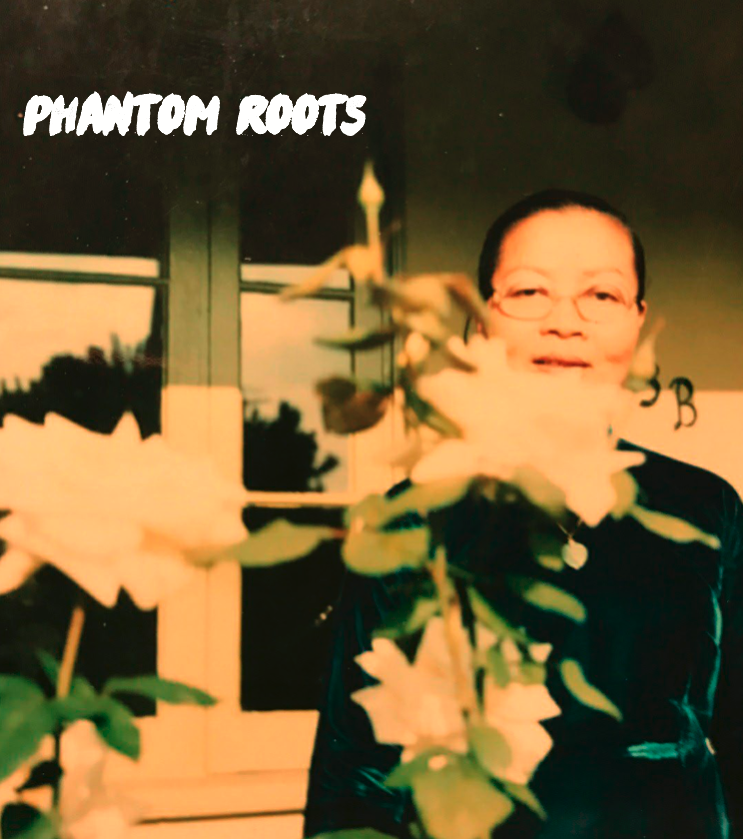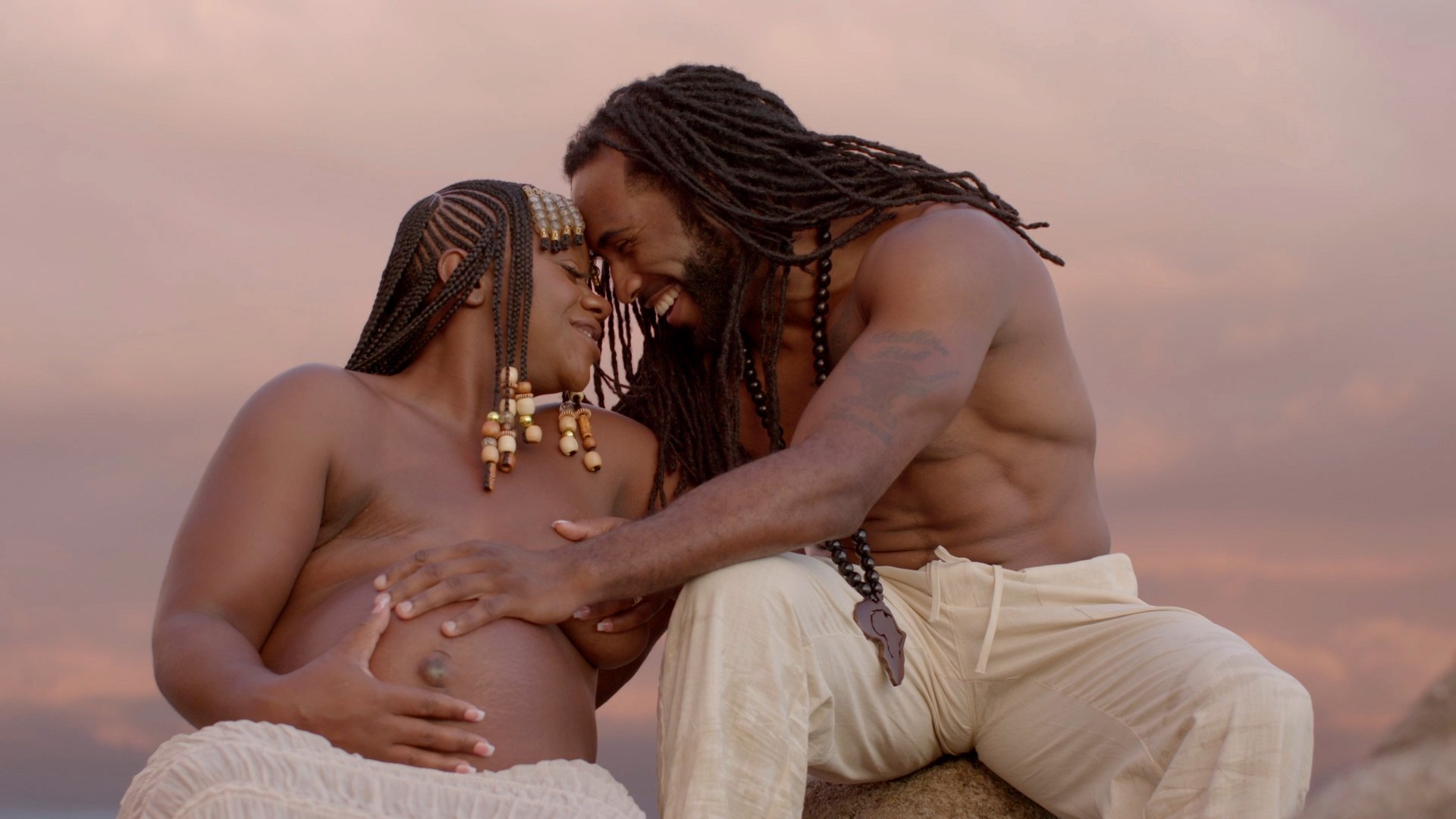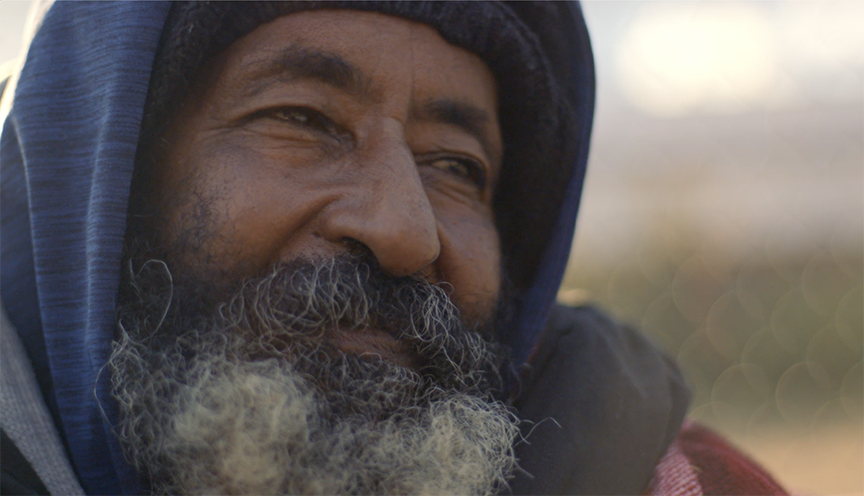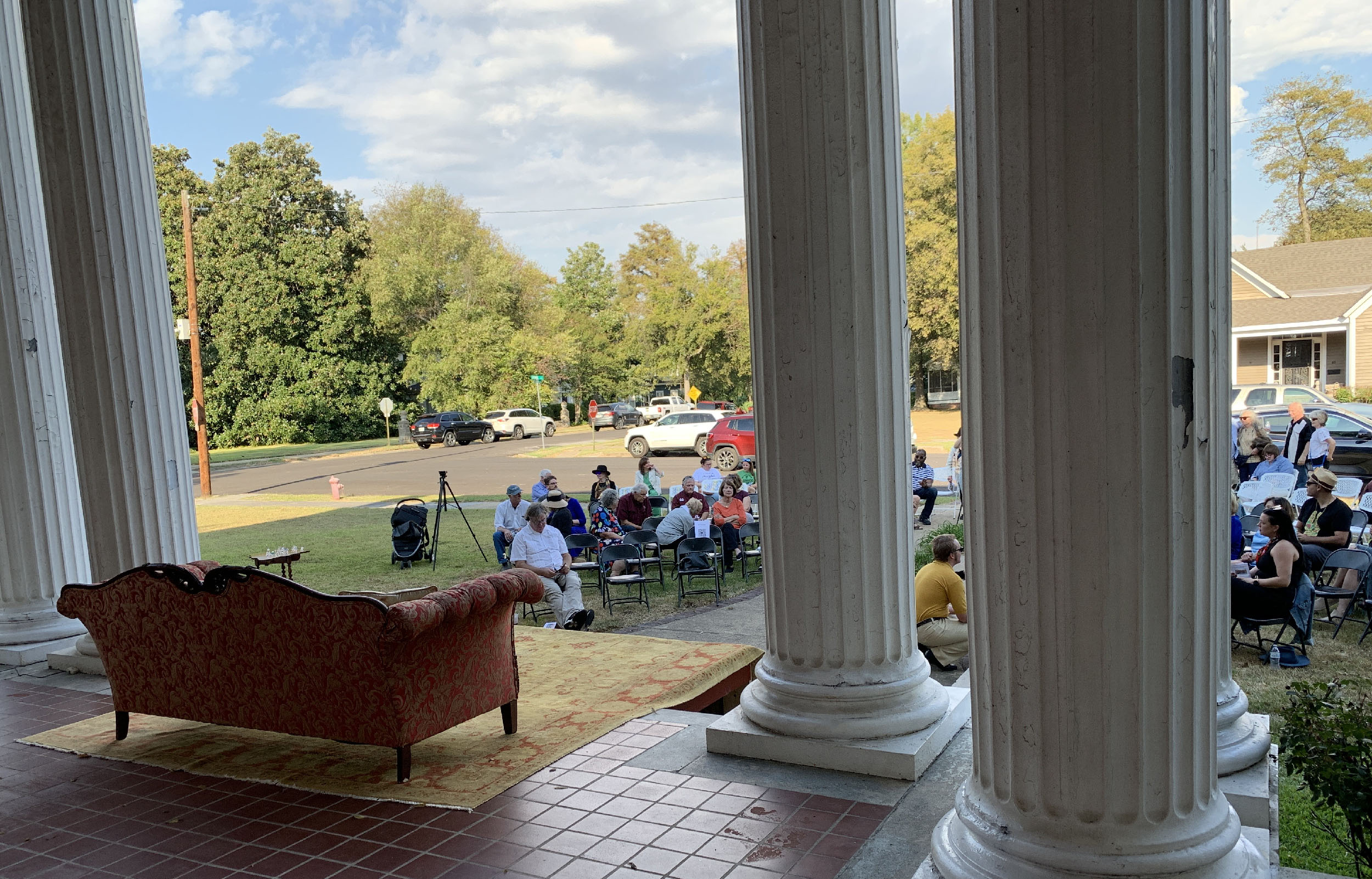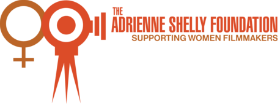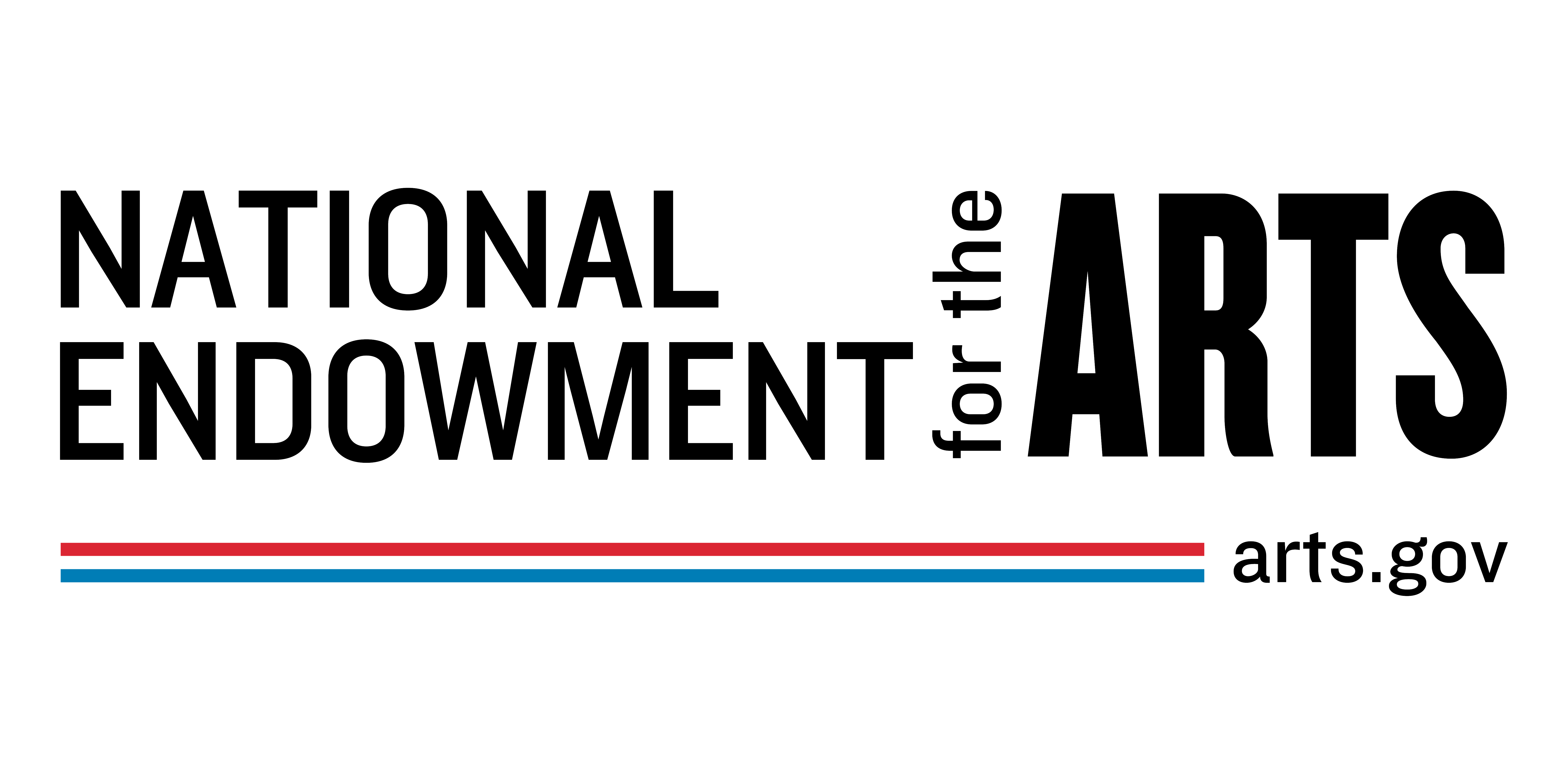Genre
Synopsis
We have disability representation from Ghana, India, Taiwan, Chile, Canada, UK and the US. We live in a world that for too long has centered on the rights and needs of non-disabled persons. Our documentary challenges the notion of beauty and centers on the lived experience of people who live with disabilities. We believe this film can make a significant contribution to the disability justice movement, help raise disability awareness and deconstruct norms embedded in cultures worldwide. This is the first film uniting a minority group that spans the globe. Person’s with disabilities are the world’s largest minority, yet still today are not seen.
Our film explores the concept of what it means to be beautiful. In a social media driven culture, humankind faces superficial concepts of beauty daily. We are flooded with unrealistic ideals of how one should look and act. In our research we have found inequities worldwide and our interviews support these inequities. Black and Brown persons with disabilities are the most marginalized. Our underlying theme dismantles the concept of beauty and highlights strengths and innate qualities that humans encompass raising awareness. Disability can happen to anyone at any time, it is part of being human. What we can do is embrace each of our unique lived experiences with respect, acceptance and compassion.
We live in a world that for too long has centered on the rights and needs of non-disabled persons. While exploring the definition of disability, this film provides insights into systemic problems disabled individuals endure on a daily basis. These struggles are often not seen or acknowledged by the greater whole. Historically our world tends to share the stories and truths of those with the most power. The medical model sees disabled people as broken or damaged humans who need to be fixed or cured. The social model decenters power focusing on how the individual is actually disabled by the environment around them. In the social model disabled people are normal human beings who should have the same right to access all aspects of the world just as they are.
While understanding that ableism and inspiration porn are embedded in our culture, we want to share stories authentically and unapologetically. It is packed with stories and information to educate and shed light on the experience of individuals with disabilities.
Bio
Beth Ann (BA) Short MA, LCAT, ATR-BC, ATCS. BA grew up around the Great Lakes region, living in both Michigan and Ontario. Short is Wolastiqiyik/Maliseet from their father's family who were diasporic from Maliseet First Nation in Woodstock, New Brunswick, Canada. BA experiences multiple invisible disabilities. BA also identifies as a mixed race, gender queer/non-binary person. They are an adjunct instructor for Lewis & Clark College teaching graduate level art therapy courses. BA has published two books on using the Creative Mindfulness Technique. In all areas of their work BA draws inspiration from a postmodernist approach incorporating intersectionality, social constructionism, feminism, queer theory, liberation psychology, and antiracism. “I believe human beings will always be growing and the therapeutic relationship relies on empathy, language, storytelling, and art. Sometimes this may mean there are multiple truths and realities to explore, understand, and witness. I also believe in the importance of acknowledging, questioning, and creatively dismantling historical systemic power structures that have been in place and have unfairly disadvantaged individuals.”
Screening History
Spain International Film Festival 2023
San Jose Independent Film Festival 2024
Australia Film Awards 2023
Asia Film Festival 2023
Rotterdam Independent Film Festival 2024
Awards History
New York International Women Festival April 2024 - Documentary Feature
21117 International Film Festival 2024 - Best film on disability issues
Kalpavriksha International Film Festival (KVIFF) 2024 - Best feature documentary
The IndieFEST Film Awards 2024 - Award of merit
Dreamz Catcher International Film Festival (16th Season) - Best music video
Credits
Interviewee - Lizzie Acker
Interviewee - María Soledad Cisternas Reyes
Interviewee - Gertrude Oforiwa Fefoame
Interviewee - Keith Jones
Interviewee - Dr. Allette Coble Temple

